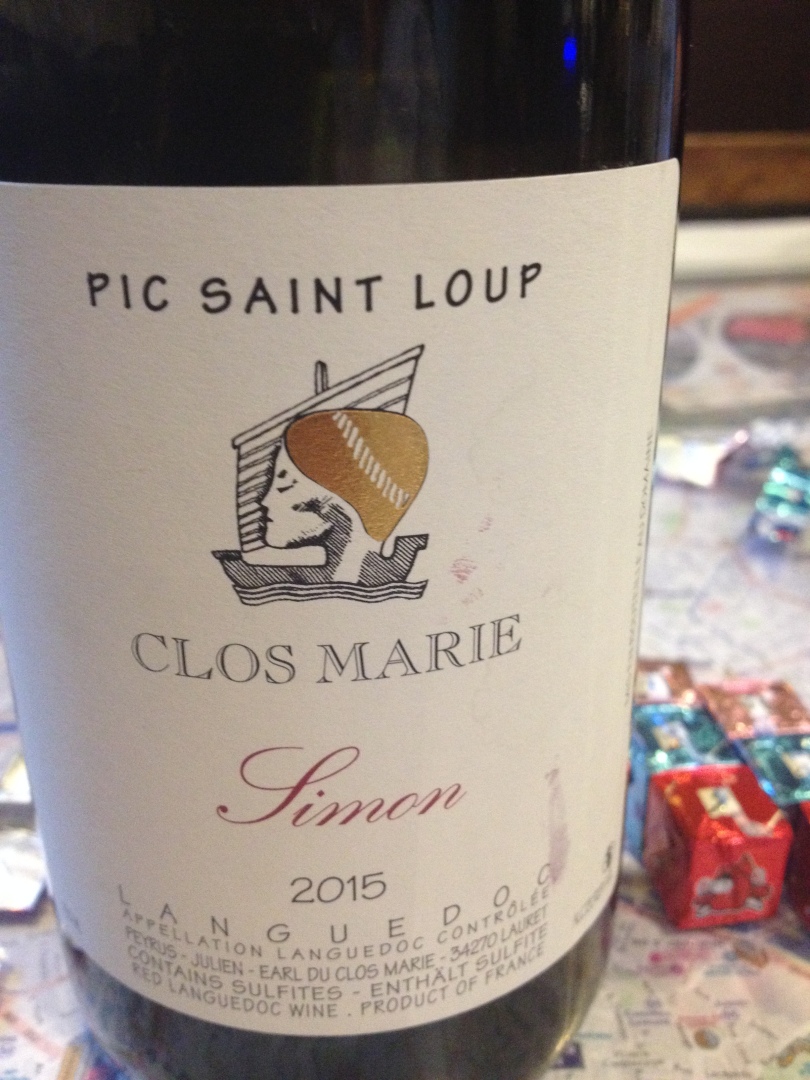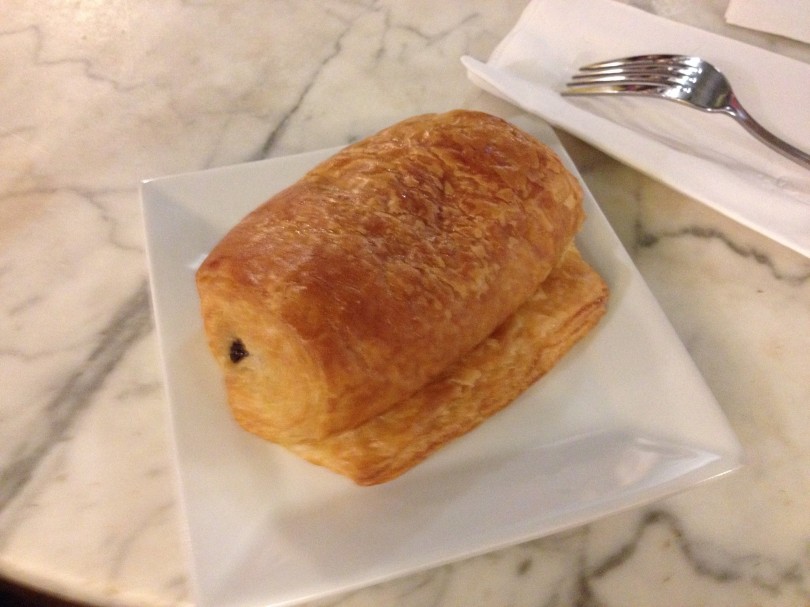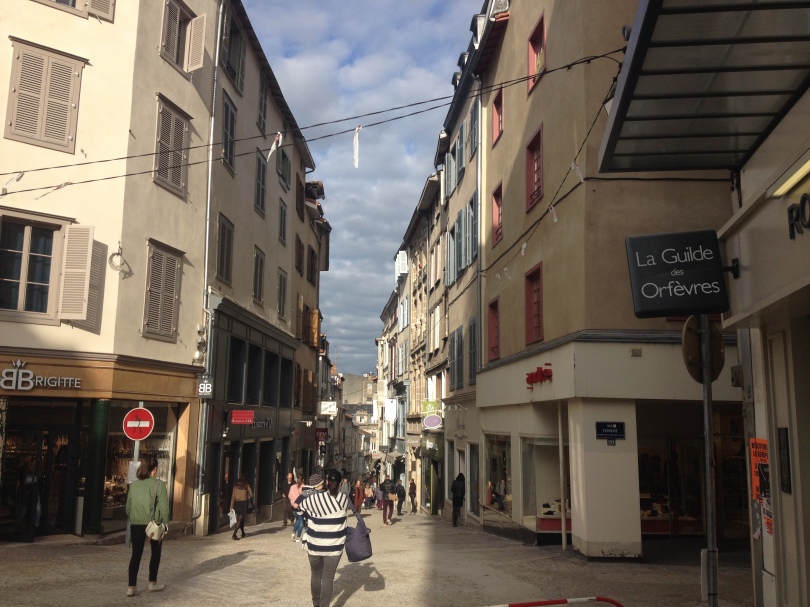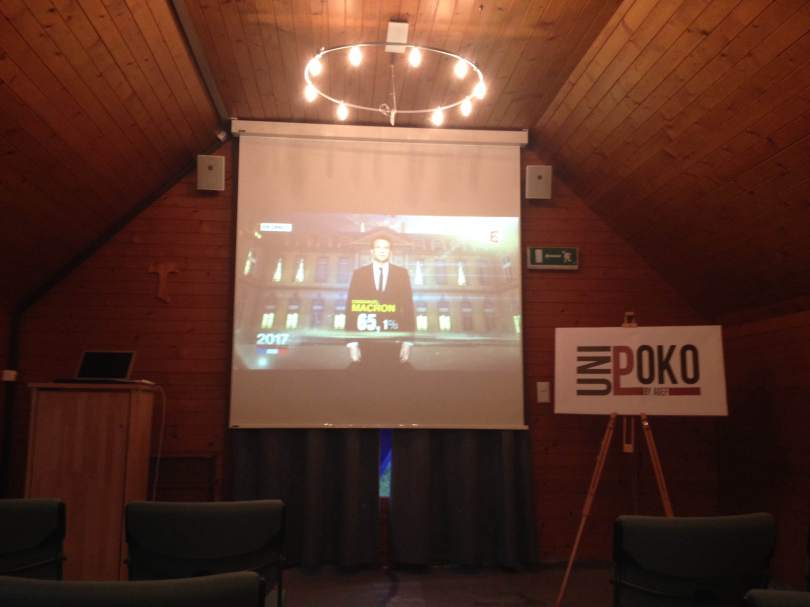Shortly after I wrote my previous post which detailed our night in a Parisian restaurant, my friend Sam decided to write his own version of events. At my request, he agreed to let me share his retelling of the story on this blog. –DP
Regret filled every step I took. I knew that burger was too big.
Setting aside its gargantuan proportions for a moment, it was undoubtedly one of the finest burger experiences I had ever had. Everything on the plate was fresh, from the crisp lettuce to the crispy fries, to the buttery bun, to the perfectly-cooked beef. But at a half-pound of beef (which I strongly suspect was calculated AFTER cooking), I knew halfway through I had made a dire mistake and I had not even remembered our dinner reservations for that evening.
At this point, having a meal that surpassed all my expectations had nearly become a matter of course in Paris. The city’s reputation for some of the world’s best food is twice-deserved, and I had only begun to get acquainted with it. Daniel’s guidance in selecting a restaurant was infallible, from the bakeries with the pain au chocolat or quiche Lorraine for breakfast (or my personal favorite, pain avec du fromage et des tomates, which, in retrospect, was essentially pizza) to the small meal in a café invariably found around 2pm, when most Parisian restaurants close for a few hours, to the excellent dinners I had enjoyed. It had all been no less than a splendid and indeed, inspiring display of les aliments de France, and this burger was no exception.
Nonetheless, a burger is a burger, and if you eat half a pound of beef in any form it will slow you down.
The food aside, it had been a disappointing day for me. After making a mental note to not confuse the days on which the Louvre and Versailles were closed, I had of course confused them, resulting in us essentially “missing” the Louvre: a grave disappointment to us both. We even considered taking a later train, but the delay would have cost us 200€. Each.
I do love art, but not for 200€.
So bound and determined to see some art, dammit, we decided after lunch to venture bravely onward to Centre Pompidou, Daniel again taking point and I slogging along behind him carrying too much food and not enough sleep.
Side note: did you know the Centre Pompidou is closed on the same day as the Louvre? After 20 minutes of walking, so did we!
At this point, I felt a meat coma coming on, the likes of which I had not experienced since Thanksgiving and requested we simply return to the hostel so I could nap before dinner, which I now realized was a mere 3.5 hours away.
That might be a problem, I thought.
Premonitions.Read More »







